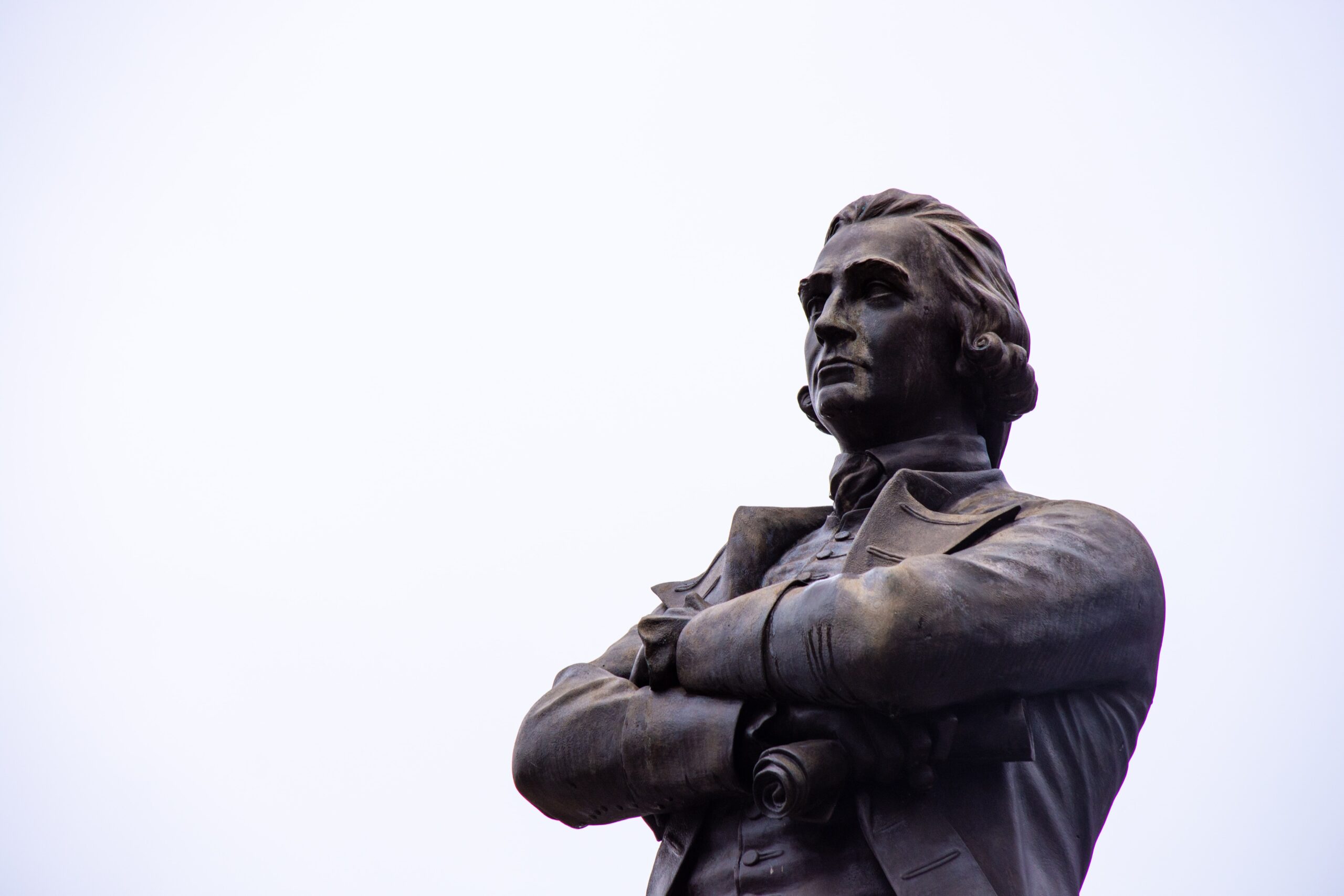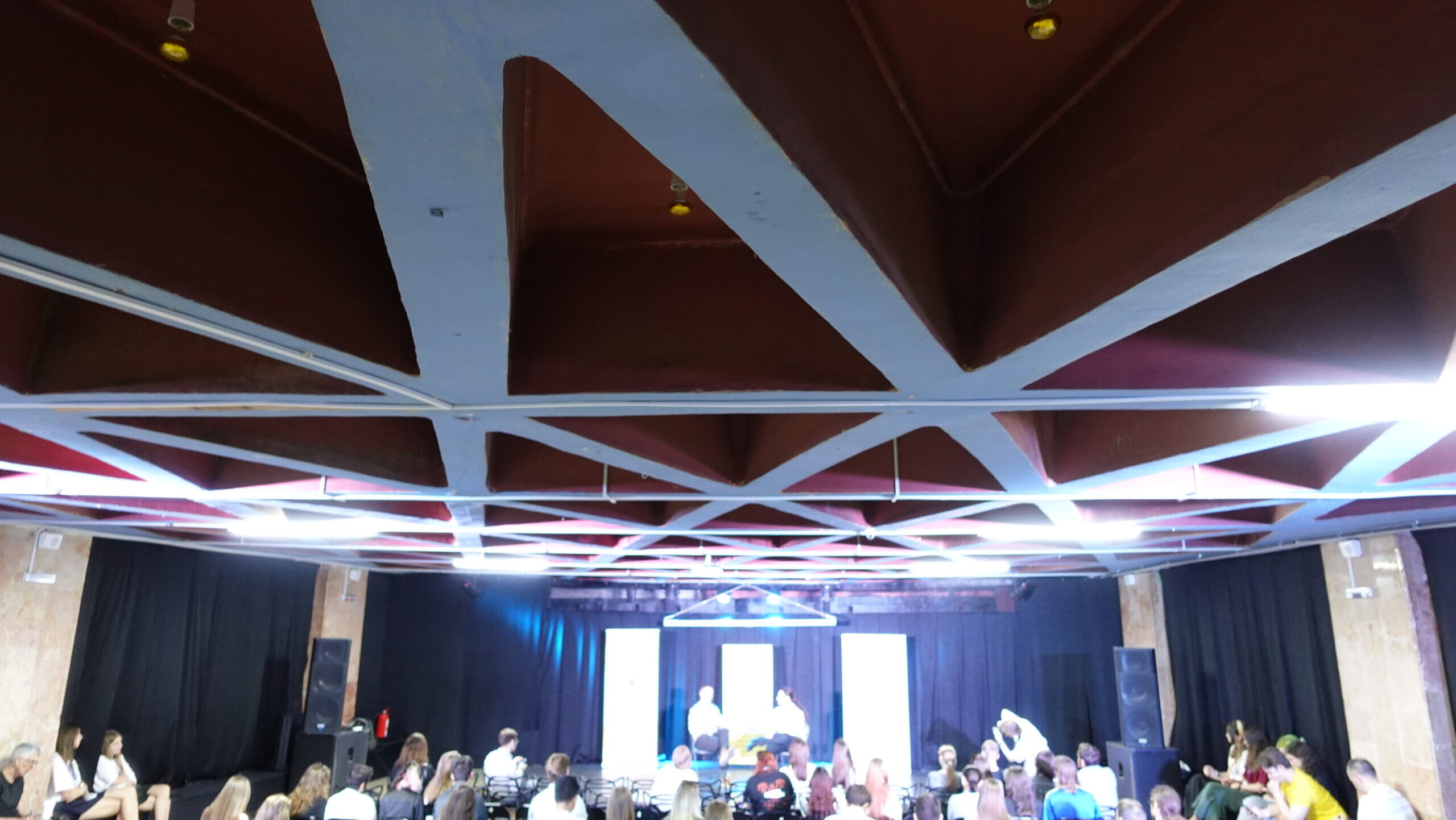Adam Smith, perhaps much to the surprise of his detractors, is quite concerned about inequality. In fact, Smith champions free markets and opposes the sundry schemes of the tyrannical men of the system in large part because the former reduces material inequality whereas the latter exacerbates it. Detractors of Smith conspicuously ignore the attention he pays to concerns of distributive justice, i.e., disparities of wealth and income, while myopically emphasizing his commitment to commutative justice, i.e., property rights.
Adam Smith opposes the Physiocrats and the proponents of the mercantile system, a.k.a. mercantilists, on distributive as well as commutative grounds. Both the Physiocrats and mercantilists seek to wield political power to coercively and unnaturally allocate capital to places where it otherwise would not go. The Physiocrats would have the state tariff imports of foreign foodstuffs and subsidize domestic farmers to foster a more agrarian society. The mercantilists would have the state tariff imports of manufactured goods and subsidize the manufacturers in order to achieve a trade surplus and an accumulation of gold and silver bullion. Smith explains in detail how both systems diminish the real wealth and economic growth enjoyed in both societies to the detriment of the commonweal. Moreover, Smith identifies these systems as commutatively and distributively unjust by forcibly transferring wealth from some to others.
In The Theory of Moral Sentiments, Smith notes that the impartial spectator can in no way go along with such redistributive schemes as they consist in really hurting those from whom the wealth is confiscated, even if the wealth is put to better use elsewhere. In short, this paraphrased excerpt from TMS demonstrates that Smith’s political economy is not prioritarian, much to the chagrin of those who decry his support for the simple and obvious system of natural liberty. Furthermore, Smith analogizes justice, i.e., the defense of life, property, and liberty (and in that order), as the foundation of the edifice of society, while subordinating beneficence to a mere “ornament.” Smith also notes, towards the very beginning of The Wealth of Nations, that a poor man walks a foot not because the rich man rides in a carriage, but that the former does so because he’s poor while the latter does otherwise because he’s rich. In other words, in a system of natural liberty, the poor are not made poor by the superfluity of the rich.
In fact, Smith explains the counterintuitive reality that the wealthy’s dissipation of their riches on baubles, trinkets, and other luxuries has rendered the poor wealthier and more independent. By contrast, in allodial and feudal times, the rich used their wealth in the only way they could: maintaining the poor, thereby rendering them their servants and soldiers. In commercial societies, however, Smith contends that the rich gradually barter all of their power and authority over the poor by spending their wealth on goods and services, thereby transferring capital to the poor. This transfer of capital gave rise to the bourgeoisie, the diminution of the rural peasant class, and the erosion of the landed aristocracy, thereby producing a more equitable, egalitarian society.
Smith criticizes the “melancholy moralists” for perseverating on the condition of the worst off. Smith, it is true, does not view beneficence as absolutely necessary for the survival of society. He does, however, view great disparities between the haves and the have-nots as producing an uncomfortable, suboptimal society.
Despite the protests of his high-modernist critics, Smith provides strong historical, economic, and moral arguments against government planning to achieve equality via “the obvious and simple system of natural liberty.”






